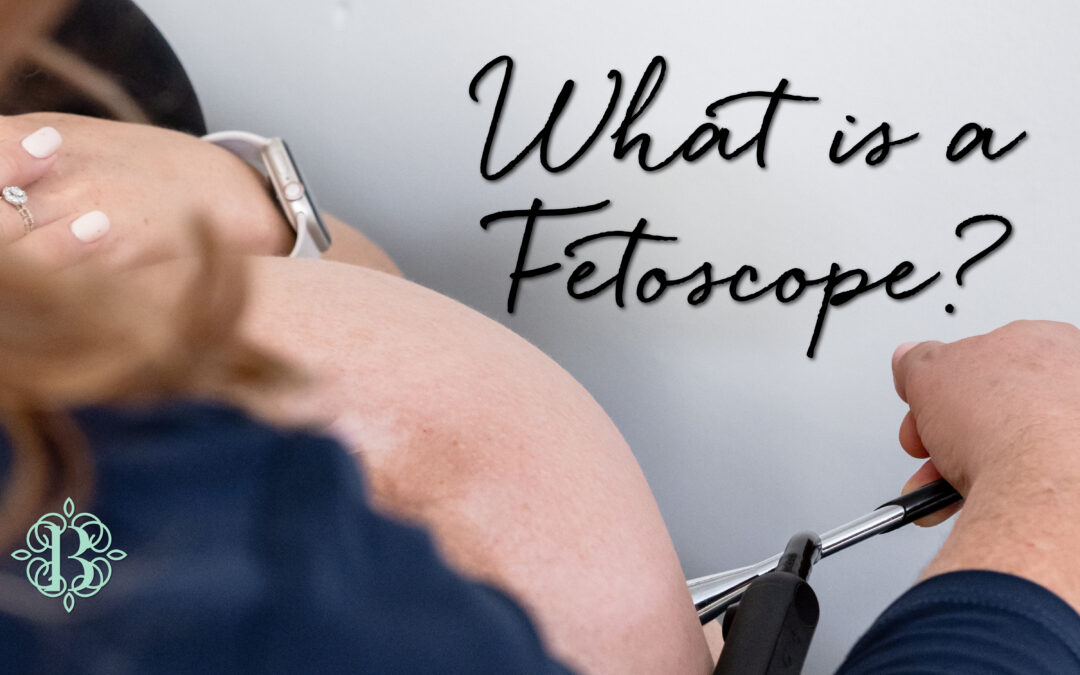What is a Fetoscope, and Why do Midwives Use it?
A fetoscope is a medical instrument that allows healthcare providers to listen to the fetal heartbeat. Unlike a standard stethoscope, a fetoscope is designed to pick up the sounds of a baby’s heartbeat through the mother’s abdomen. It is essential to prenatal care, especially in environments prioritizing low-intervention, natural childbirth approaches, like Birthways Family Birth Center.
The Purpose of a Fetoscope
The fetoscope allows healthcare providers, especially midwives, to monitor the heartbeat of a fetus and assess the baby’s health and development. A fetal heartbeat is a vital sign that helps to detect potential issues (especially genetic conditions) early on. This monitoring is crucial throughout pregnancy, especially as the due date approaches.
Difference Between a Doppler and a Fetoscope
A fetoscope and a Doppler device detect a fetal heartbeat, but they differ in several ways
- Technology: A Doppler uses ultrasound waves to detect the movement of the baby’s heart and translate it into sound. On the other hand, a fetoscope relies on the practitioner’s ability to manually detect and listen to the fetal heartbeat without electronic amplification.
- Sound Quality: The sound detected through a Doppler is electronically amplified to make it louder and clearer. The fetoscope provides a more natural sound but may require more skill to handle.
- Safety: The Doppler uses ultrasound waves and introduces a small amount of energy into the body. However, it is generally considered safe. A fetoscope, however, is entirely noninvasive and doesn’t involve any ultrasound or electronic waves, making it a safe option for both mother and baby.
When Can You Use it?
A fetoscope is typically used to detect a fetal heartbeat starting around 18 to 20 weeks of pregnancy. However, it requires skill and patience, as the heartbeat may not always be easy to locate, especially in early pregnancy.
Using a fetoscope is generally more effective in the later stages of pregnancy when the baby is larger and the heartbeat is stronger.
Is it Safe?
Yes, a fetoscope is entirely safe during all stages of pregnancy. It’s a non-invasive tool that does not emit radiation, ultrasound, or electronic waves. Sometimes, a fetoscope may not detect the fetal heartbeat. But this is not a concern as long as the baby is moving.
Why Do Midwives Use Them?
Midwives often prefer fetoscopes because of their safety, simplicity, and effectiveness. It aligns with the midwifery philosophy of providing natural, low-intervention care. A fetoscope creates a calm and natural environment for the mother and the baby.
To sum up, the fetoscope is a valuable tool in prenatal care. It offers a safe, effective, and natural way to monitor the baby’s health throughout pregnancy. You can learn more about fetoscopes on our YouTube channel.
If you have any questions, feel free to reach out!

